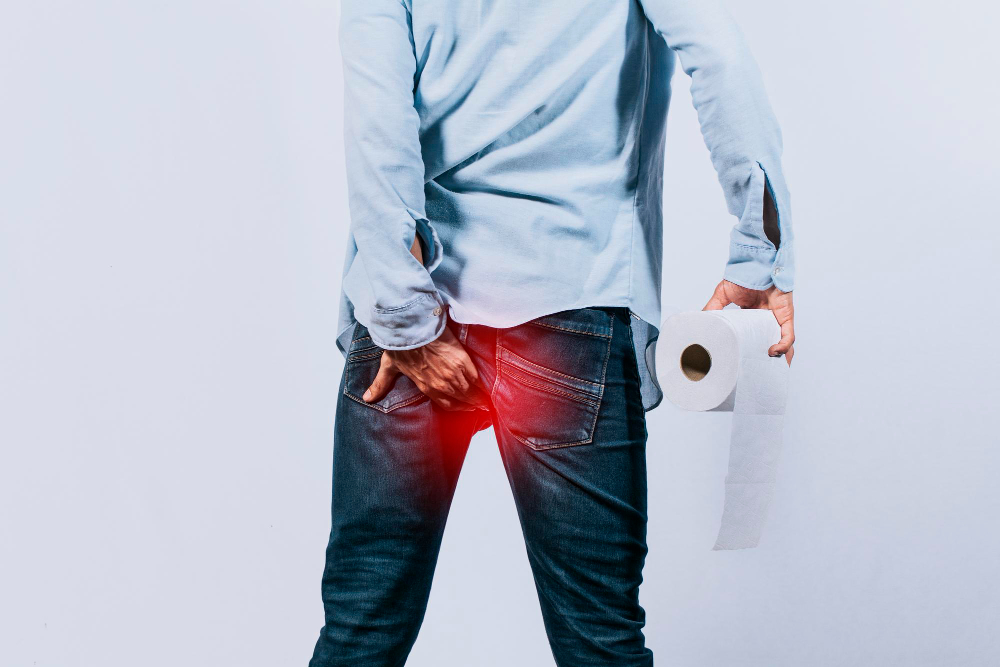Piles

Piles, also known as hemorrhoids, are swollen and inflamed veins in the rectum and anus that can cause discomfort, pain, and bleeding. Several factors contribute to the development of piles, including chronic constipation or diarrhea, straining during bowel movements, pregnancy, obesity, and a sedentary lifestyle.
Symptoms of piles can vary depending on the severity and type but often include itching, pain, bleeding during bowel movements, and protruding lumps around the anus. While mild cases of piles can often be managed with lifestyle changes and over-the-counter remedies such as topical creams and stool softeners, more severe cases may require medical intervention.
Treatment for piles typically involves a combination of dietary and lifestyle modifications, medications, and in some cases, surgical procedures. Dietary changes such as increasing fiber intake, staying hydrated, and avoiding straining during bowel movements can help alleviate symptoms and prevent recurrence. Over-the-counter medications like topical creams, ointments, and suppositories may provide relief from pain and itching.
In cases where conservative measures fail to provide relief, medical procedures such as rubber band ligation, sclerotherapy, or infrared coagulation may be recommended to shrink or remove the hemorrhoids. Surgical options like hemorrhoidectomy may be considered for severe cases or those that do not respond to other treatments.
It’s essential for individuals experiencing symptoms of piles to consult with a healthcare professional for an accurate diagnosis and appropriate treatment plan tailored to their specific needs. Early intervention and lifestyle modifications can often effectively manage piles and improve quality of life.